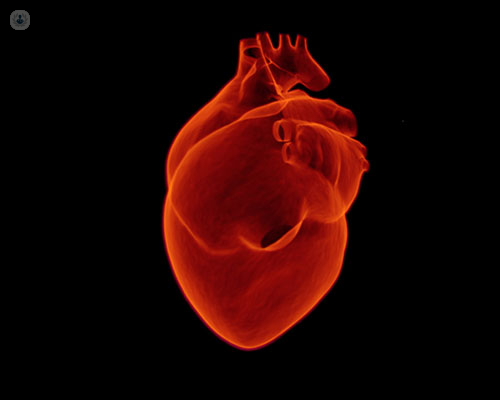What can an echocardiogram detect?
Autore:Dr Paramjit Jeetley is the latest elite doctor to provide his medical expertise for one of today’s informative articles. In our latest one here, the highly regarded London-based consultant cardiologist describes what an echocardiogram is, and what it is used to detect, as well as revealing when it is one hundred per cent required.

What is an echocardiogram?
It is an ultrasound scan of the heart designed to look at the function and structure of the heart. It uses soundwaves to look at the heart, and we can easily look at the different pumps of the heart. It also allows us to assess the function of the heart valve.
It can detect any structural abnormalities in the heart that may be causing symptoms. It is one of the most frequently used cardiac investigations.
When is it used? When is it absolutely required?
It is absolutely required in various scenarios, especially when heart-related conditions are suspected, such as heart murmurs, or a physical sign that there might be something wrong with the heart, after a heart attack, and palpitations.
What is it designed to detect?
Echocardiograms are designed to detect any abnormalities in the structures surrounding the heart. It evaluates and assesses the size and function of all the four major heart chambers, as well as the main four heart valves, to look for any leakage in the valves.
Echocardiograms can also look closely at the lining of the heart to see whether or not there is any fluid around or in the heart. Any abnormalities relating to blood vessels are also detected through an echocardiogram.
How fast is it? How reliable is it?
It depends on the type of echocardiogram being performed. If you’re having a straightforward echocardiogram, it will be performed with jelly and a probe on the chest. This will typically take up to between 30 and 40 minutes.
Echocardiograms are very safe and pretty reliable. It is the first test we go for to look for structural abnormalities in the heart.
After I have an echocardiogram, what is the next step?
If the echocardiogram is completely normal, then we are generally satisfied that no other tests need to be performed. If, however, there is an abnormality, it may be required to perform a more detailed echocardiogram, or other structural assessments of the heart, which are normally CT scans and/or MRI scans.
Dr Paramjit Jeetley is an extremely revered consultant cardiologist who specialises in performing echocardiograms. Consult with him today via his Top Doctors profile.



